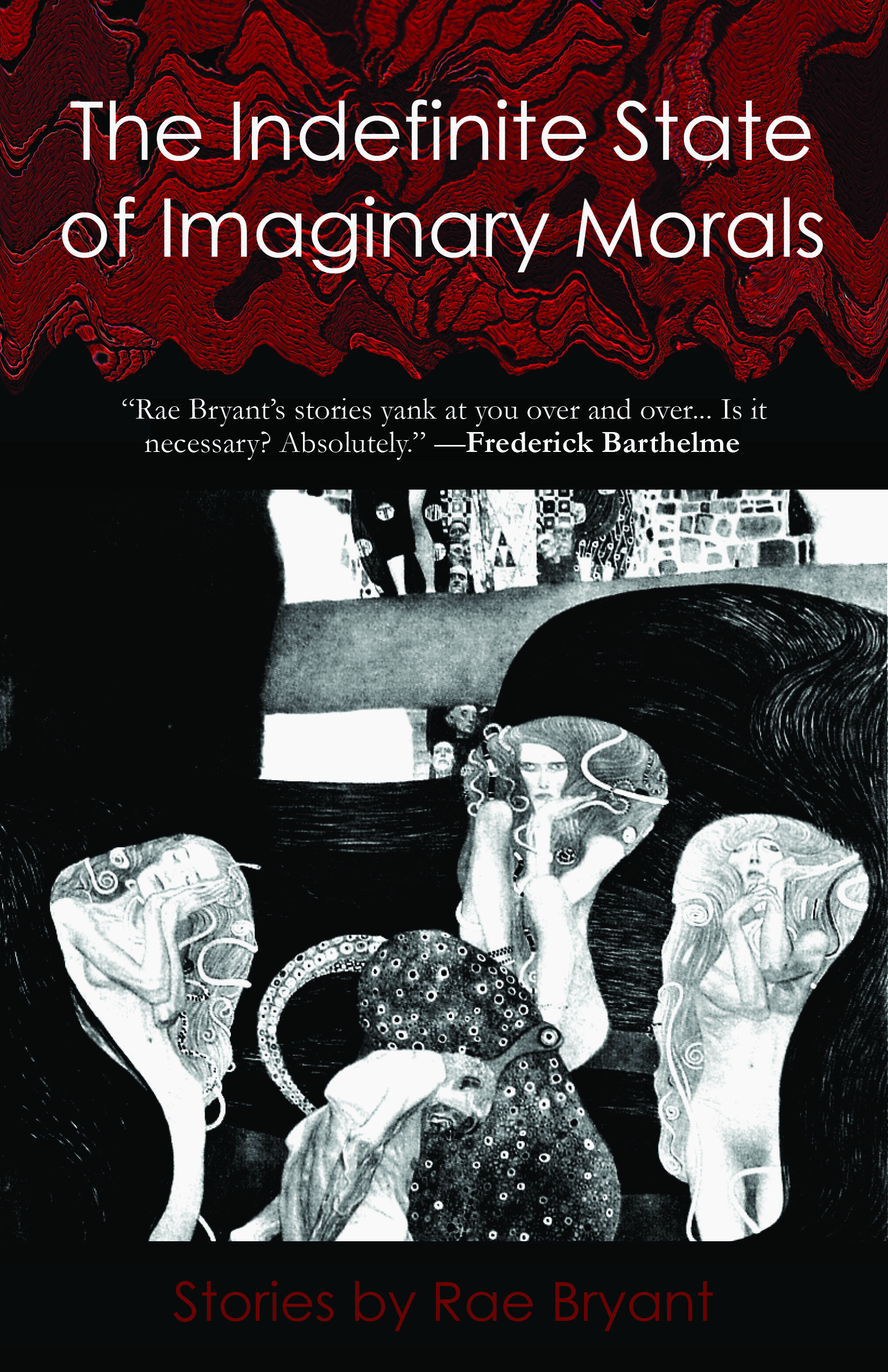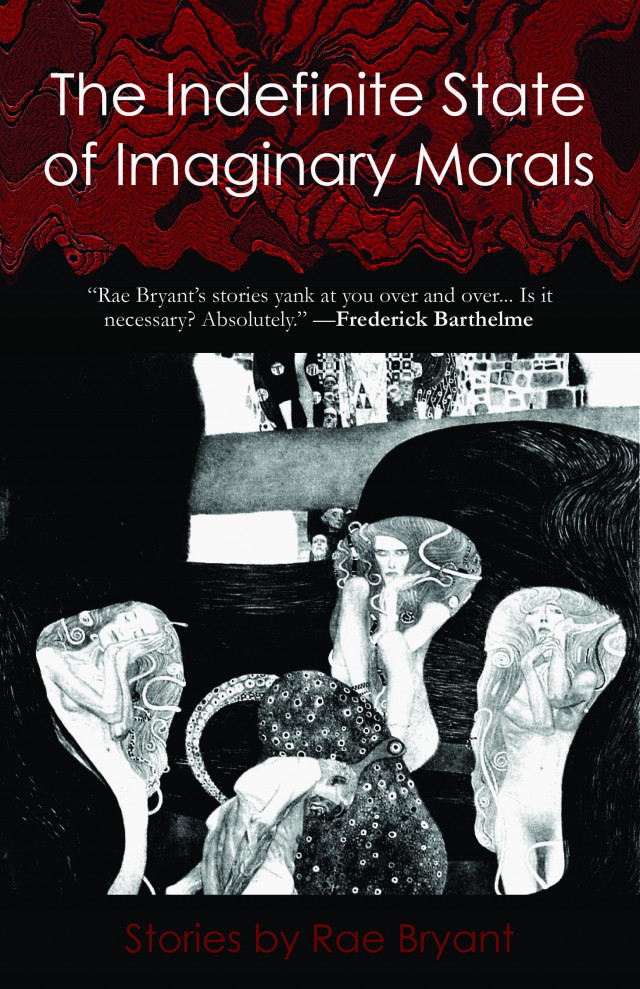In our carnivorous garden in the country, a slew of beehives bobbed and glowed sensually in the dark, buzzing like tiny floating homes. The hives haunted the Alabama air, dripped honey onto grass.
I tried everything to get that honey out of my hair.
I was eleven years old the summer the honey was its most irresistible. A skinny girl, no training bra. My teeth were splattered potato chips in pink gums.
Etta and I had spent the afternoon chasing tadpoles at the reservoir. We climbed trees in early evening preparing for sunset fireflies and the taffy leaves slickened to my feet and forearms. When I slipped, I clutched a fat hive on my way down. We landed on a mushroom colony, me and the fragments of the hive in my lap like pieces of a broken pumpkin.
Through the backdoor, I snuck up to the bathroom where I scrubbed my body clean, but the honey had already half-dried in my hair, strands like cold, sticky spaghetti. I tried peanut butter, chewing gum. I moved through Venus flytraps, shook their trunks for nectar, where they flourished like sunflowers at the side of the house.
My mother caught me. She bent me over the couch with my pants around my ankles and paddled me.
So I tried a blow dryer in the bathtub.
In college, I let a boyfriend ejaculate in my hair. I slathered brownie batter, warm cake, and boysenberry sauce. I visited a woman with cheeks like crushed roses. She performed hot ceremonies on me in a pool. I even went to the bathhouse where an old crow asked me if I was brain dead. You have to be brain dead, it cawed. I sought the company of lice, lye, and sun blisters from a magnifying glass. I tried deer’s blood. I threw money at it. I threw hands into the air.
After college, when I returned to the hives, wiser, wearing a tank top sweat-soaked from the muggy air, I crept around the honeyed bend, away from the warm lit windows of my mother’s kitchen where strangers still ate oatmeal at midnight.
The hives were as I remembered them, unevenly strung, glowing in the bushy trees above blue-green grass. A busy community of bees flew in and out of the hives, darting, swaying like drunks. In moments, a plump, hairy bee quivered in circles around the tip of my nose, licking its legs. I crossed my eyes then smiled and almost coaxed it to sting me.
<
p style=”text-align: justify;”>Melissa Ross is a poet and fiction writer of absurd realism in Denver, Colorado. She is currently working on her first novel, an absurdist’s predictions for the American working class. For more writing, photography, and the reliving of childhood humiliations, she updates her blog at least once a week: melissafiction.blogspot.com.





 Thank you to
Thank you to